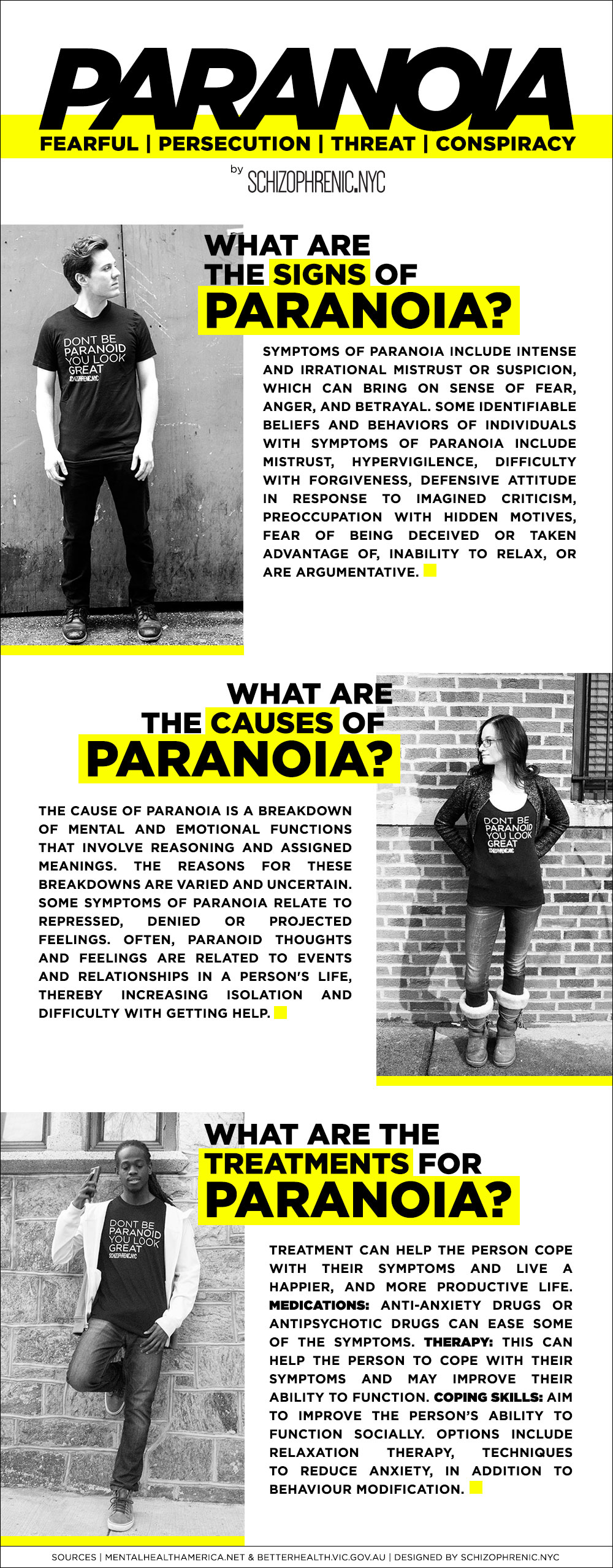

Visions: seeing things that are unreal or non-existent.There are several types of hallucinations, including: For example, it is a common delusion of persecution to believe that others have poisoned one’s food or drink. While not all delusions are the same, there are some commonalities in some people. Delusions of denotation: falsely believing that unrelated events directly refer to oneselfĪbout 90 percent of people diagnosed with schizophrenia have some type of delusion.Persecution Delusions: Believing that one or more people are conspiring against you or someone you love, trying to harm you or otherwise abuse you.Delusions of Control: The belief that one is being controlled by entities such as aliens, governments, television voices, or other external forces.Delusions of greatness: beliefs that a person has special talents or gifts, great wealth, or other important characteristics.Common types of delusions that people with schizophrenia may have include: delusionalĭelusions are firmly held beliefs that are not true these beliefs persist despite evidence to the contrary. The presence of these symptoms does not necessarily indicate that a person has schizophrenia and paranoia, but the presence of symptoms does warrant evaluation by a mental health professional.Įarly intervention often equates to better outcomes for people with schizophrenia diagnosed with paranoia. Schizophrenia has several stages, developing from early warning signs (called the prodromal phase) to the active phase of the disease, in which there are perceptual distortions and debilitating thoughts. Decline in overall hygiene or other aspects of self-care.Persistent, strange, or unusual thoughts or beliefs.

Overall fear is related to the intentions of others (paranoia about poisoning is a common fear).Other signs of schizophrenia with delusional disorder often include: Problems concentrating or concentrating.Increased problems with gaining momentum.Avoid social activities and interactions.As you can imagine, this interferes with a person’s ability to lead a normal life.Įxamples of early symptoms that may reflect prodrome of schizophrenia and paranoid episodes include: For example, in addition to their paranoia, they may see people and hear voices they think are real, but they are not. However, paranoia is a common symptom of schizophrenia, so it can be said to be schizophrenia with paranoia.įor paranoid schizophrenics, the reality may not be clear. It is no longer considered a distinct subtype of the disorder, so the term paranoid schizophrenia is not officially correct. Until 2013, schizophrenia was divided into different subtypes, and paranoid schizophrenia was one of them. It can range from mild discomfort to intense, excruciating and disabling thought patterns.įor people with schizophrenia, paranoid experiences can be long-lasting, extremely unpleasant, and even dangerous. Paranoia is a thought pattern in which people feel unreasonably suspicious, persecuted, or threatened.


 0 kommentar(er)
0 kommentar(er)
